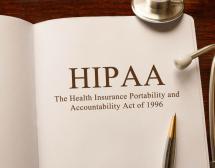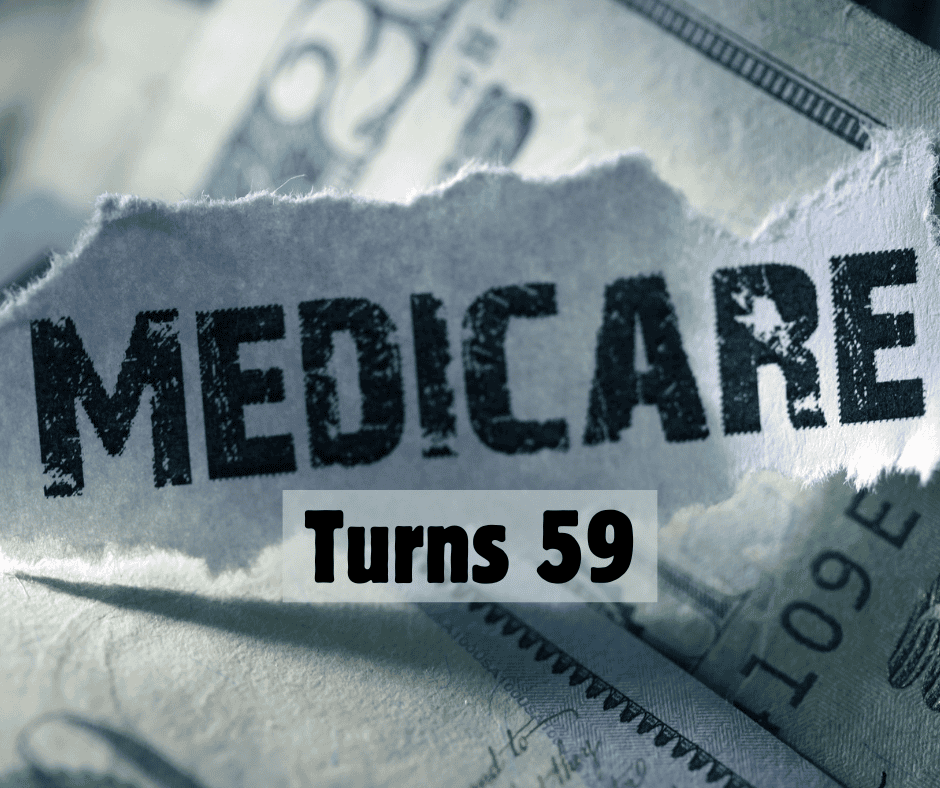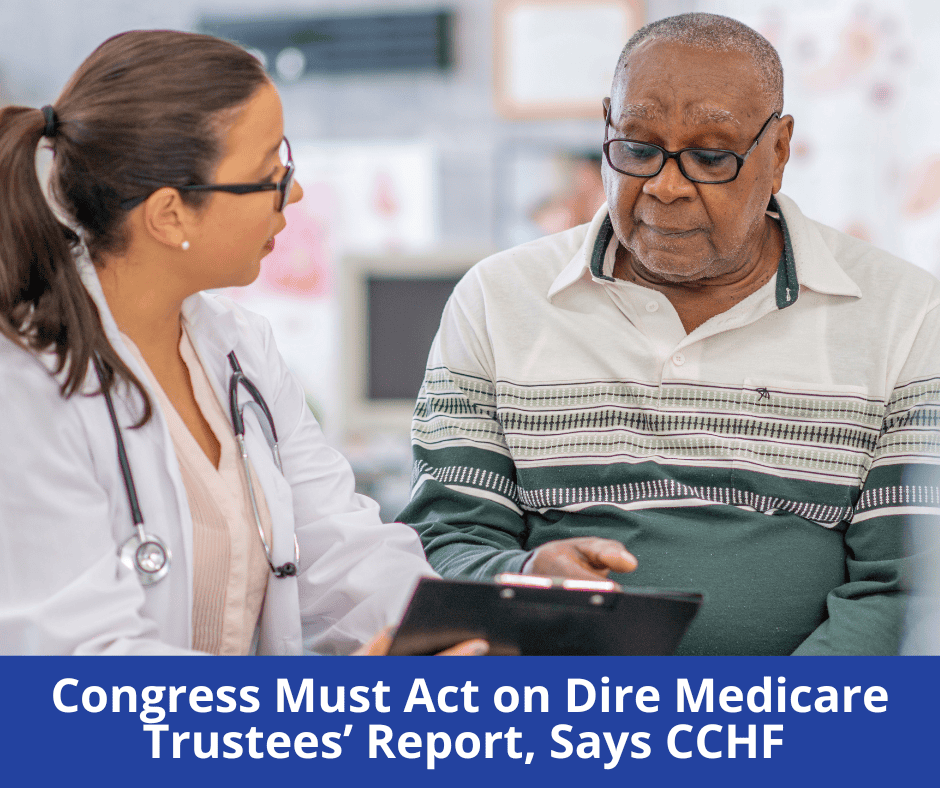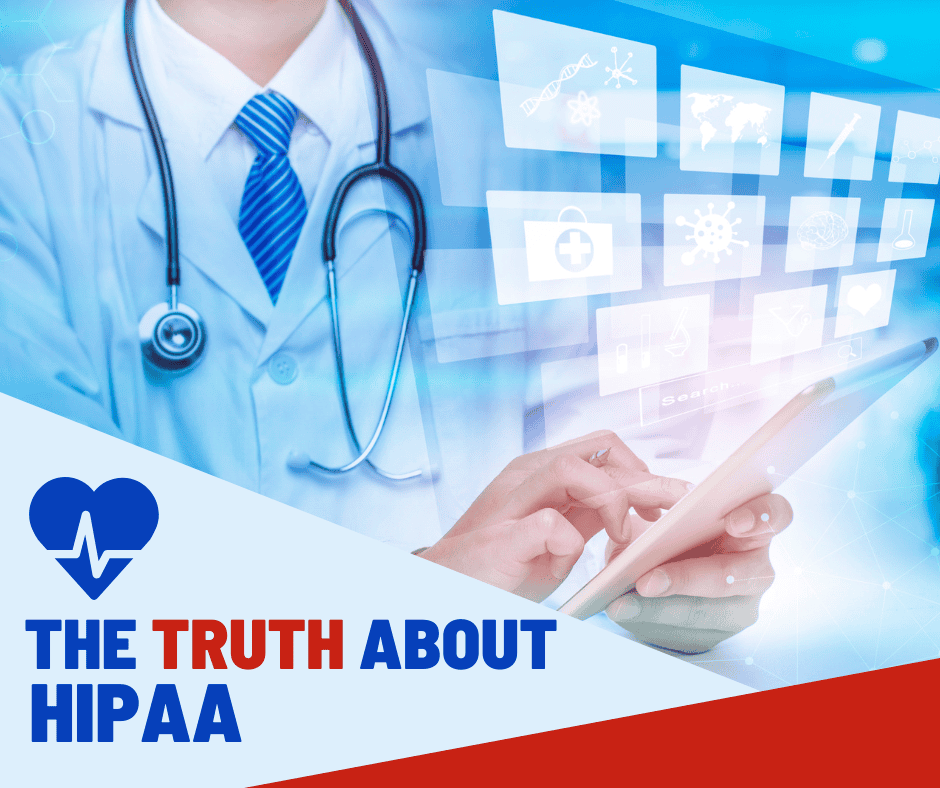Tell us what happened to you when you lawfully refused to sign the HIPAA form at the doctor’s office, hospital, pharmacy or health care facility. This means the ‘HIPAA privacy form’ or the Notice of Privacy Practices (NPP) acknowledgement statement signifying that you’ve read, received or understood the NPP.
This statement could be:
- Given to you as a separate “HIPAA privacy form’
- Embedded in the official ‘consent to treat’ form
- Found as a signature line at the bottom of the clinic or hospital’s Notice of Privacy Practices form
- A single screen on an electronic tablet
- Never seen, but you’re requested to sign an electronic pad
To better understand and explain what is happening in exam rooms across the country, we would like as many stories as possible about what happens when patients refuse to sign the HIPAA form or choose to cross out the NPP acknowledgement statement — as they are lawfully allowed to do.
We particularly want to hear from you if you were denied care, chastised or shamed, forced to miss your appointment or were hurt in any other way.
Or perhaps you’re a doctor or nurse or other clinician and your hospital or ACO system is requiring you to deny care to those who exercise their right to refuse.
Click here to SHARE YOUR STORY.
Right to Refuse
By law, you have the right to refuse to sign the HIPAA Form and/or the HIPAA acknowledgement statement signifying receipt or understanding of the Notice of Privacy Practices (NPP). Clinics and other health care facilities are simply required to “make a good faith effort” to get you to sign it.
FACT: The federal government has publicly stated that you have a right to refuse, and no law requires your signature. This includes your right to even refuse to write the word “refused” on the form.
HHS requires the health care facility to write refused, sign and date it. Not you.
Click here to read HHS Instructions on signing or refusing to sign the NPP.
Refusing to sign does not provide you with any privacy protection. According to a 2010 HHS rule, 1.5 million “business associates” and many others could be given access to your identifiable data without your consent if those who hold your data (hospitals, clinics, labs, health plans, etc.) choose to share it.
HHS: “Refusing to sign the acknowledgement does not prevent a provider or plan from using or disclosing your health information as HIPAA permits.”
However, if you do NOT sign, and if your data is then broadly shared without your consent, and if you complain about that disclosure, the clinic staff or its attorneys:
- Will not be able to say that you signed the form acknowledging that you know your data can be shared broadly under HIPAA.
- Will not be able to tell you that it was your responsibility not to share confidential data with your doctor.
- Will not be able to blame you for sharing data that they disclose without your consent.
Was treatment denied? If you refuse to sign the HIPAA privacy form, some clinics or doctors or hospitals may refuse to provide treatment to you or your children. This is in clear violation of your rights — but we have discovered that they may not know you have that right. Their attorneys may have led them to believe that failure to get your signature will lead to a HIPAA violation and a financial penalty. Please be gentle but firm in your refusal. Contact us at CCHF to request wallet-size HIPAA cards to share.
What Health Care Facilities Are Required To Do: The U.S. Department of Health and Human Services has a web page that says exactly what the clinic, hospital, or other facility are required to do when you lawfully refuse to sign the HIPAA form or the HIPAA acknowledgement statement. This web page includes “the right to complain to HHS and the organization if you believe your privacy rights have been violated.” Click here to file a HIPAA complaint with HHS.
Click here to SHARE YOUR STORY.
Click the “Download PDF” link to read more stories and learn more about refusal.









Saving Grace, Good News, and Medicare’s 59th Anniversary